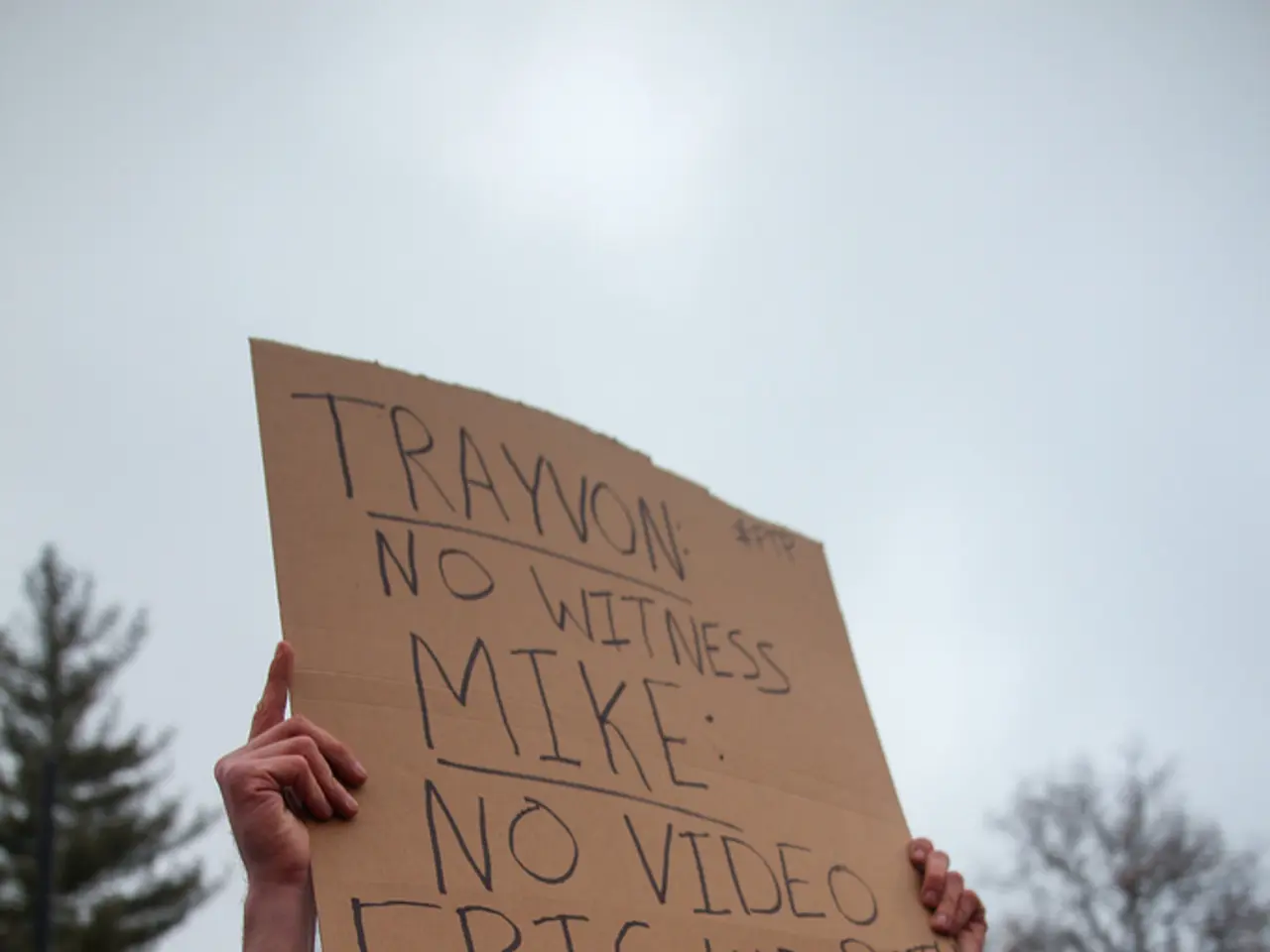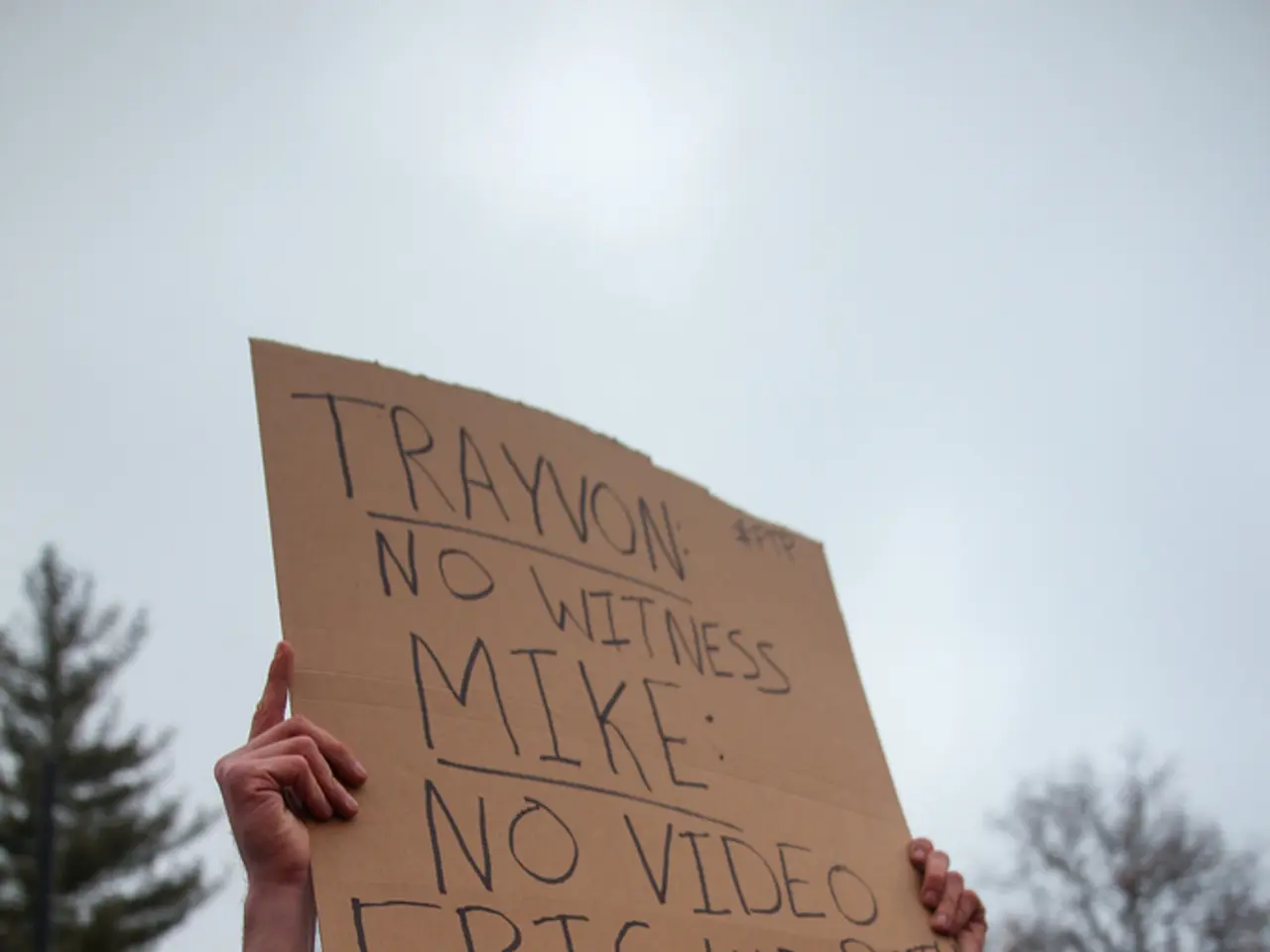United States President announces lasting peace agreement between Armenia and Azerbaijan
Peace Deal Signed Between Armenia and Azerbaijan: A New Chapter for South Caucasus
In a historic moment, Armenia and Azerbaijan signed a peace agreement on August 8, 2025, at the White House. The deal, brokered by former U.S. President Donald Trump, aims to end decades of conflict and establish a foundation for regional integration.
The agreement includes key provisions such as:
- A 43-kilometer transit corridor connecting Azerbaijan to its Nakhichevan exclave through Armenian territory, named the "Trump Route for International Peace and Prosperity."
- Mutual recognition of each country's territorial integrity based on Soviet-era borders.
- Removal of Armenia's constitutional claim to Nagorno-Karabakh as a prerequisite for peace.
- Commitment to withdraw disputes from international legal bodies and prohibition of third-party forces along their shared borders.
- Opening of transport links between Armenia and Azerbaijan, with the new deal advancing commitments made in the 2020 Russia-brokered ceasefire.
The agreement represents a significant diplomatic breakthrough, potentially reshaping South Caucasus geopolitics by decreasing Russian influence and increasing U.S. engagement in the region. It promises to unlock economic opportunities through renewed trade and transport routes, especially important for energy transit in this strategically critical corridor bordering Russia, Turkey, and Iran.
However, several issues remain unresolved, including the governance and status of Nagorno-Karabakh and the right of return for displaced ethnic Armenians. The agreement deliberately does not address these matters.
Since the White House meeting, both countries have confirmed they would amend their positions and constitutional texts as required. They have also committed to pursue full diplomatic normalization, but no formal diplomatic relations have yet been established as of August 2025. Russian peacekeepers remain deployed under the 2020 ceasefire, but the new peace treaty calls for prohibition of third-party forces, indicating a possible phased withdrawal or transfer of security guarantees to new regional frameworks.
The parties continue to negotiate framework details, including transit corridor operations and broader infrastructure connectivity. President Trump announced that he would lift all restrictions on military cooperation with Azerbaijan.
In summary, the 2025 U.S.-brokered peace deal between Armenia and Azerbaijan establishes a formal cessation of hostility and opens doors for regional integration. However, full normalization and durable peace depend on the resolution of lingering territorial and ethnic issues and the implementation of commitments on the ground.
- The Politics surrounding the recent peace deal between Armenia and Azerbaijan, brokered by former U.S. President Donald Trump, are of profound importance as they have the potential to reshape the geopolitics of the South Caucasus.
- War-and-conflicts, general-news about the Armenia-Azerbaijan conflict, such as updates on the governance and status of Nagorno-Karabakh, might still feature in headlines despite the new peace deal, as lingering territorial and ethnic issues remain unresolved.






